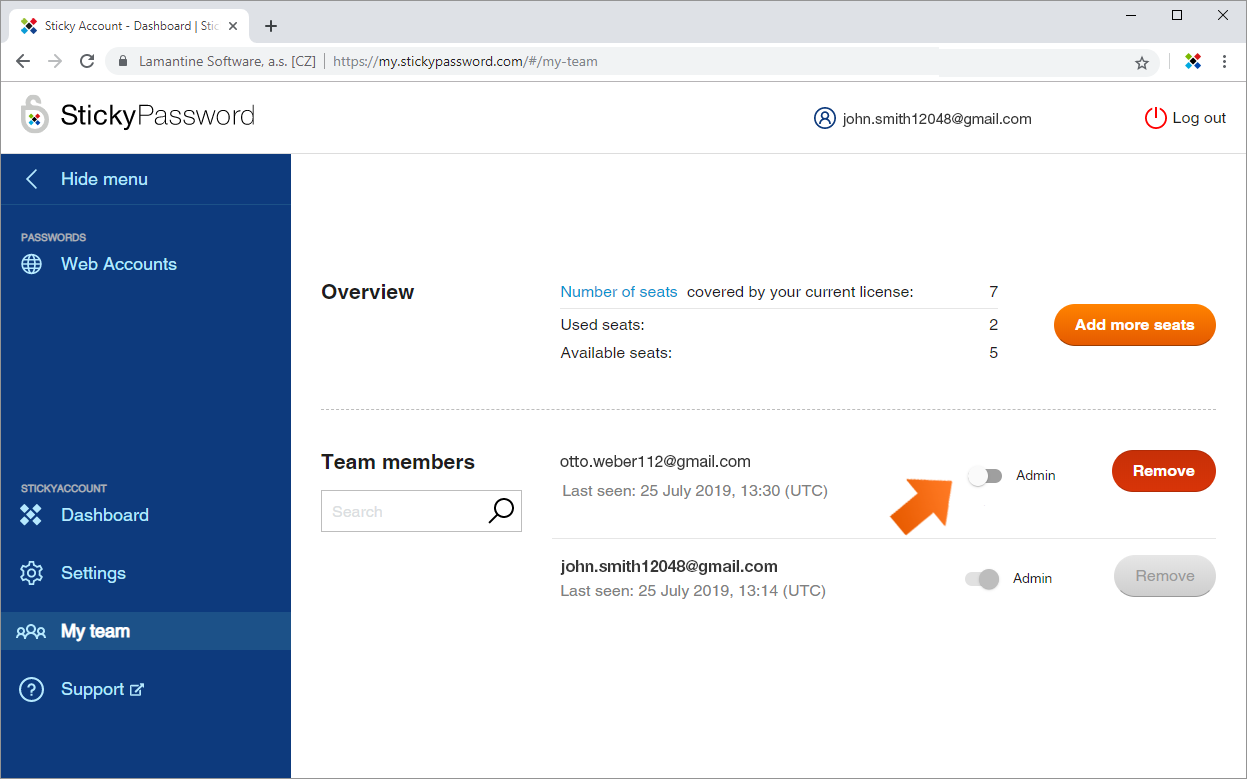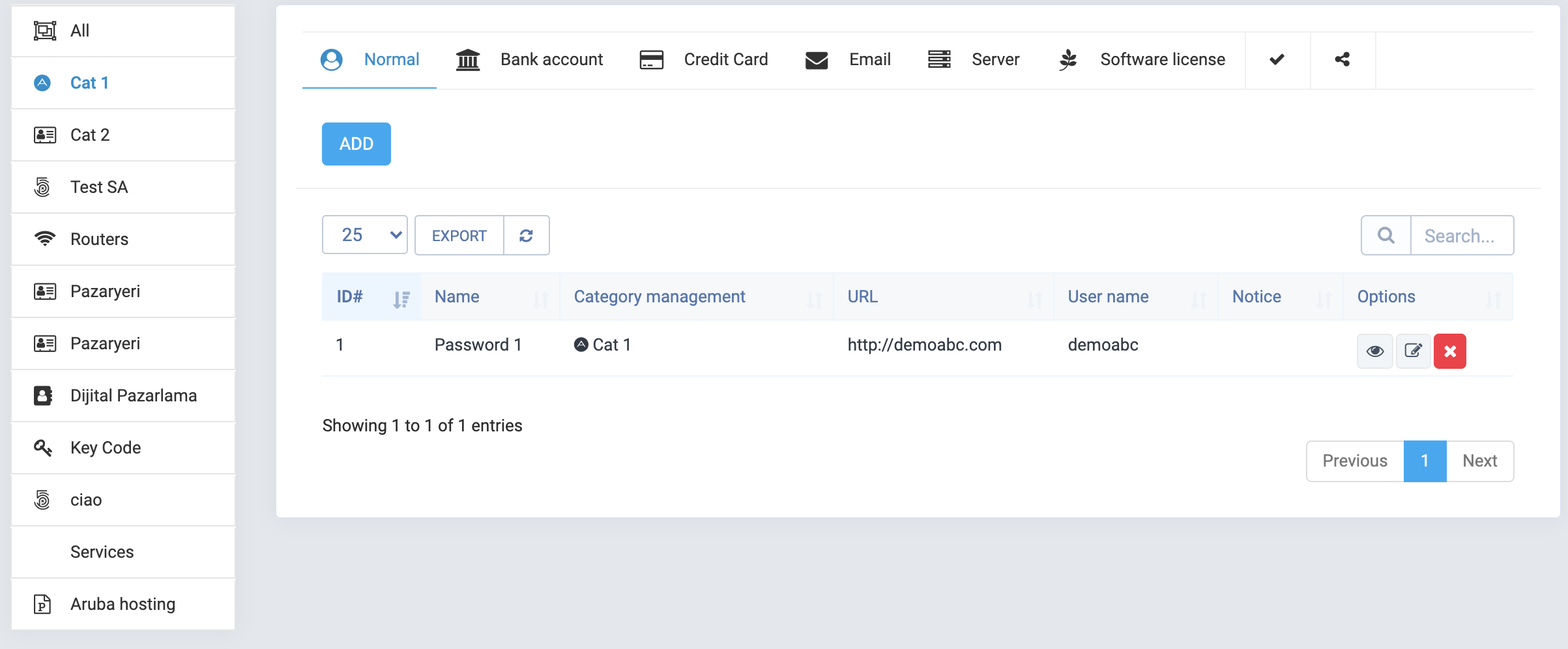

On the upside, there is a 30-day free trial available right now (opens in new tab) so you can get a good idea of exactly what the service will do for your business (and you can benefit from our exclusive 20% discount if you use the code TechRadar20Off when signing up). Perhaps the main downside here is that it’s not the cheapest password management system out there by any means, demanding slightly more of an outlay than LastPass.

Naturally, both plans are also fully suited for mass deployment in an enterprise setting, Dashlane promises.ĭashlane comes equipped with a commendably user-friendly interface, which is always good – and in our eyes it looks sleeker than main rival LastPass. Admins can keep an eye on password security with the latter, but can’t peek into the former, maintaining the staff member’s privacy with their personal account.ĭashlane’s upper-tier Business plan (which is still in preview, note) provides premium family accounts for users, and adds SAML-based single sign-on for easy and convenient logins across multiple different accounts. Dashlane also provides a free premium personal account for users, and a system of Smart Spaces whereby employees can have a personal space and business space. The lower-tier Team plan gives businesses the ability to deal with everything from a central admin console, managing permissions, policies, remote wiping accounts and more. Both plans benefit from what Dashlane describes as its ‘best in class security architecture’ with AES 256-bit encryption plus two-factor authentication. And (at least from my pov) not controversial in terms of privacy, since it isn't about private stuff.Dashlane is one of the biggest names in password management, and the company has two plans aimed at businesses: Team and Business. And yes, IT admins can always access, but since this is only work related accounts on company-owned hardware, manager access to passwords is just much easier. It's also about hardware, computers, phones, harddrives and more. But this is not only about online accounts.

In a true emergency/death situation, IT admins can generally take custody of the employee’s work email, then go and recover the necessary accounts through password reset mechanisms.Īgain, agree in general. It's not about people's private Facebook and email etc.

Managers need access to it in certain situations. This is only about employees' work-related accounts which are being used on work related, company-owned hardware. I agree on this in general, but it's important to note that in this case employees' passwords are personal, but they are not private. Allowing some admin to have access to their passwords would make it insecure for them to store personal items in their vault.


 0 kommentar(er)
0 kommentar(er)
